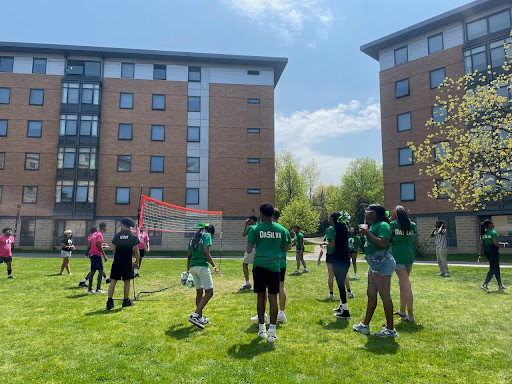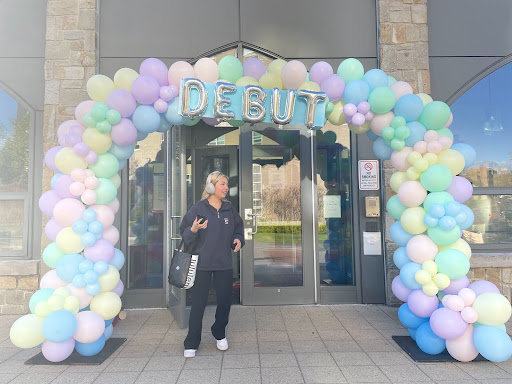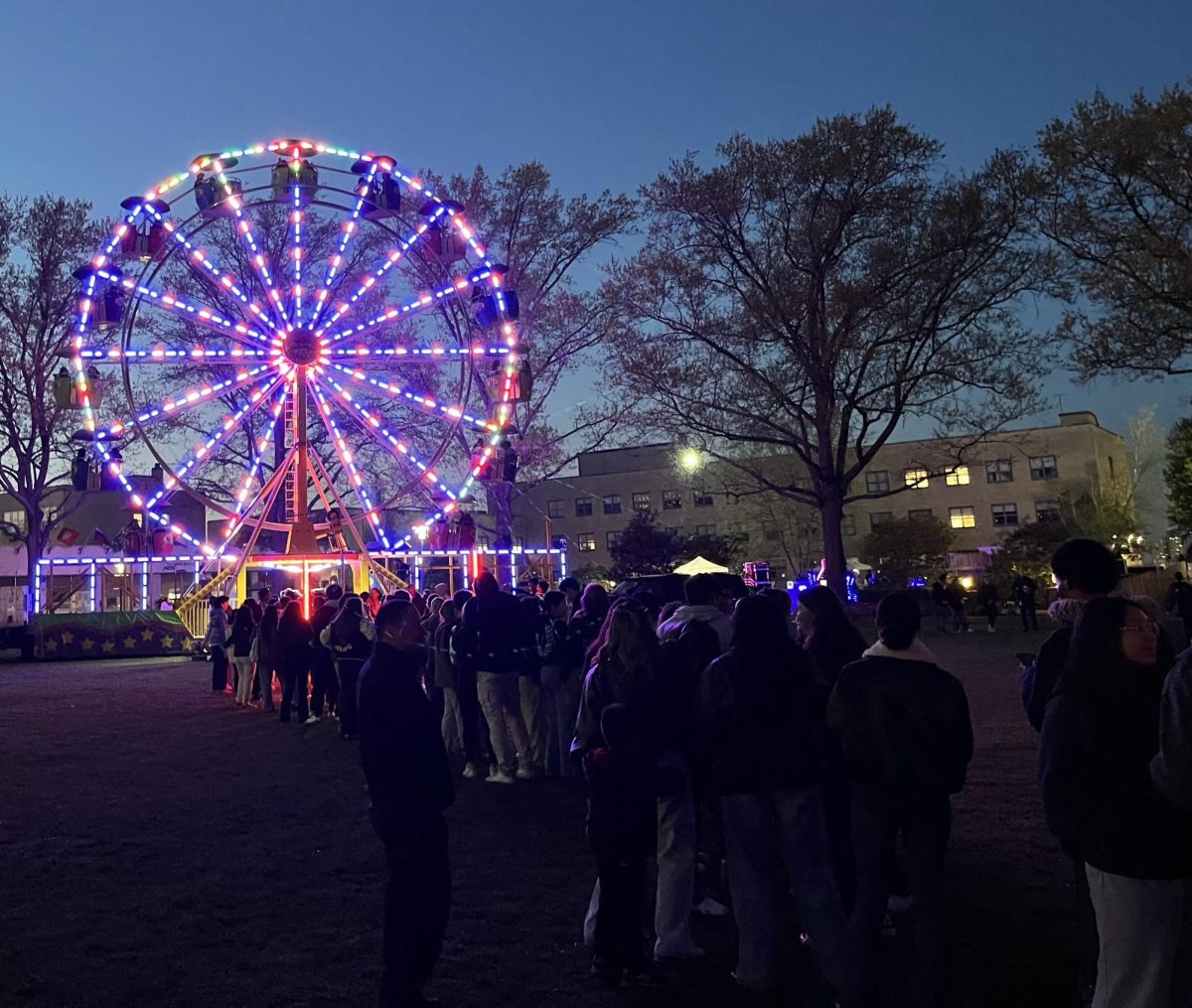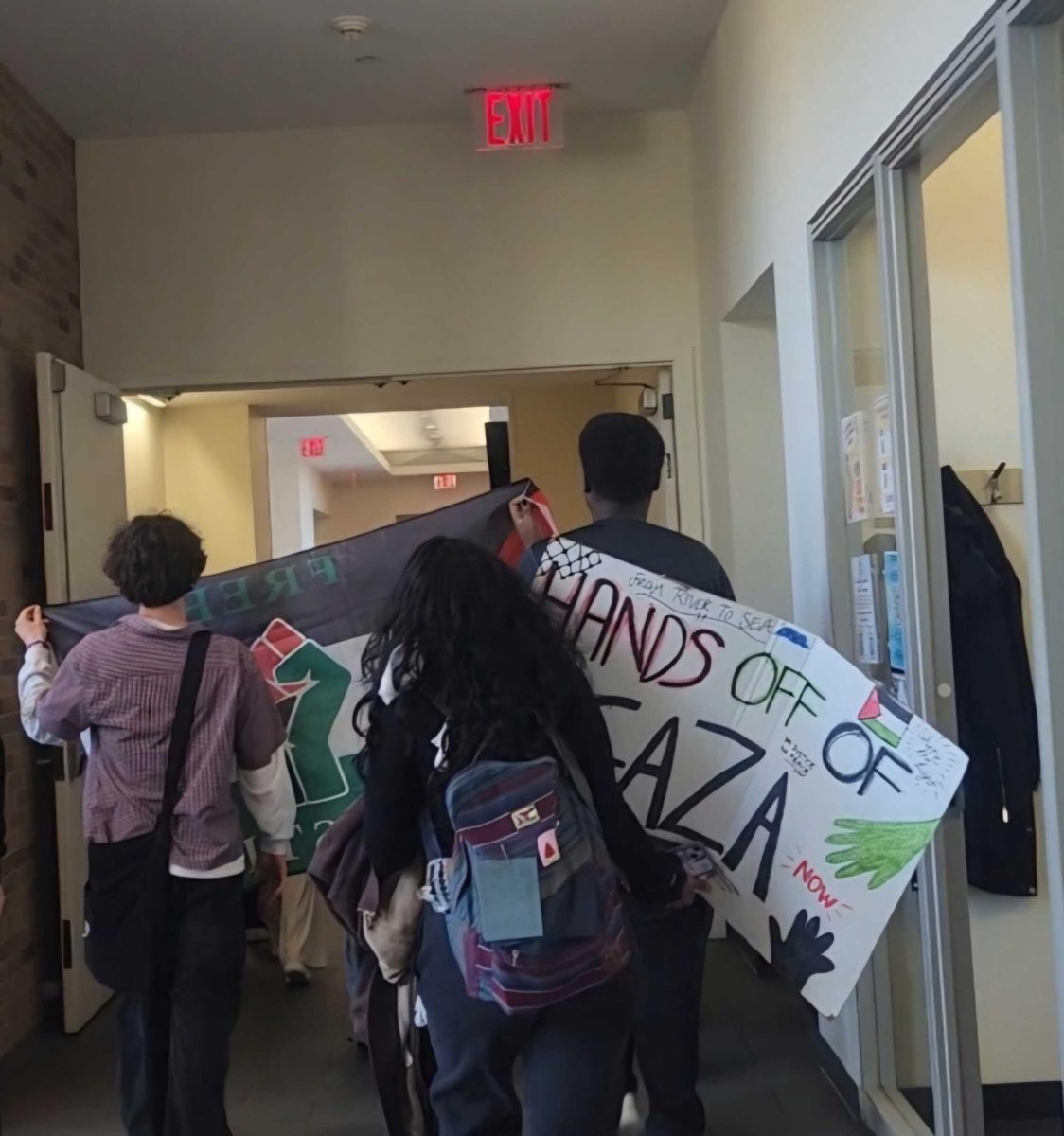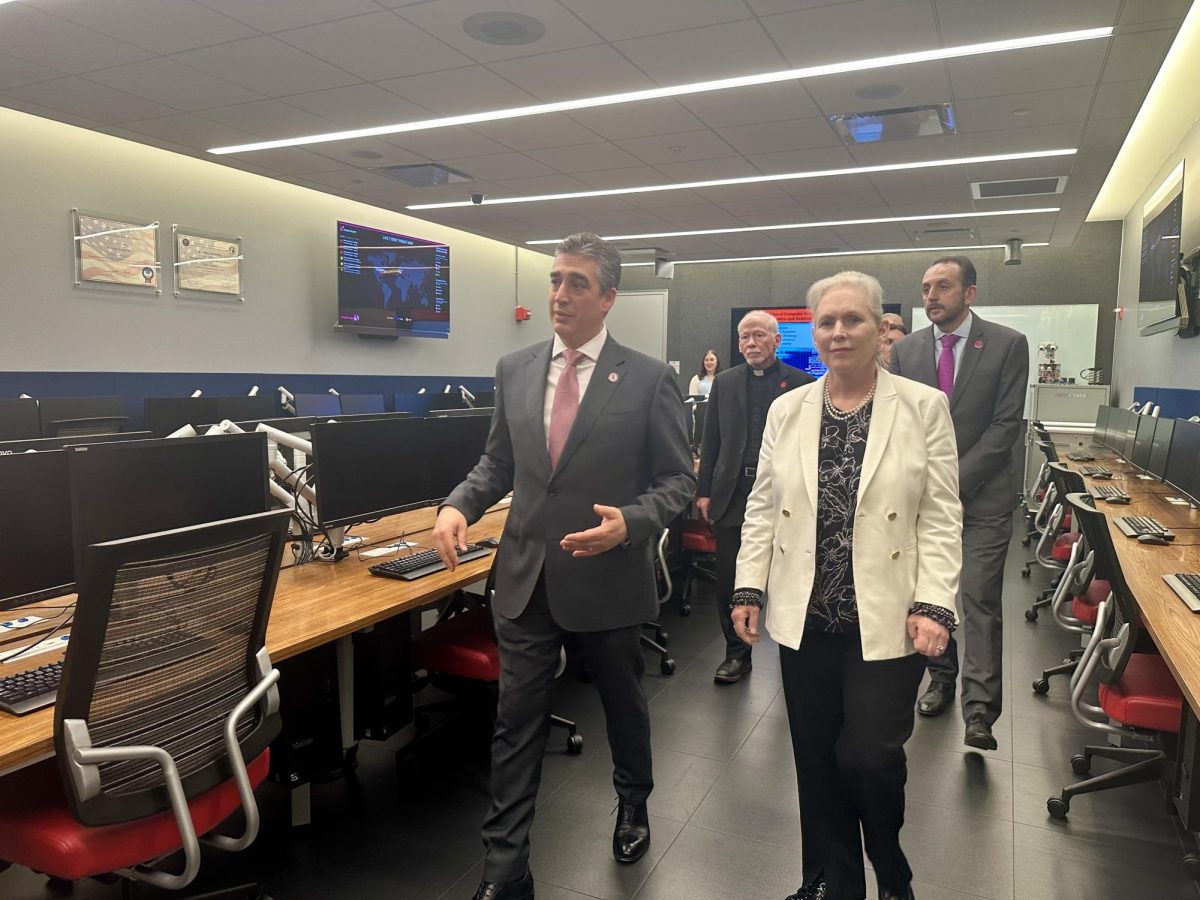The Global Language and Cultural Center along with the French Program of the Department of Languages and Literatures invited Dr. Elizabeth Applegate to talk about the issue of healing in Rwanda on Monday.
A torn-apart eastern African country, Rwanda was plagued during the 1990s with violence and inhumane crimes, which forced people to remain silent after the tragic events. During the 1990s, Rwanda experienced a genocide of the Tutsi people who were killed because the Hutus blamed them for Rwanda’s social, economic and political crises. In the span of 100 days after April 6, 1994, approximately 600,000 Tutsi people were murdered; an equivalent of 75 percent of the population.
Professor Elizabeth Applegate from St. Mary’s College of Maryland spoke about her visit to Rwanda where she witnessed the country’s healing after the 1994 genocide. An important issue she addressed was Rwanda’s controlled government over the issues involving the 1994 genocide. Rwandans were silenced on their tragic past and even told how they could commemorate the past and their loved ones.
A Rwandan woman she met, Odile Gakire Katese, used art to help reconcile her country and bring unity to the women in Rwanda. Katese created two types of art: the Book of Life, created to aid Rwandans, in particular orphans, widows and perpetrators, to heal from tragedy by writing letters and the Ingoma Nshya, a women’s drumming group.
For the Book of Life project, Katese asked orphans, widows and perpetrators to write letters to their loved ones or their victims for forgiveness and healing using new language to express their individual responses. Many perpetrators who wrote letters to their victims expressed confusion and despair for their terrible acts and blaming the people of Rwanda for their wrongdoing.
Katese hopes to release these letters publicly to the people of Rwanda and the world through newspapers and especially radio, a major news and media source for Rwandans, in April 2014, which will be the 20th anniversary of the genocide.
Her other use of art, the Ingoma Nshya, is a women’s drumming group composed of Rwandan women from Tutsi and Hutu tribes; two groups that previously were in disaccord. Part of the reason is because many Hutus were among the perpetrators who committed the inhumane crimes against the Tutsi people.
However, this drumming group united Tutsi and Hutu women to learn how to play the drums together because in Rwandan culture, before colonialism, it was strictly a royal engagement for kings and reserved for men.
Ingoma Nshya is an important revolution for Rwandan women because of the interaction between widowers from the genocide. Art has also helped children who were born after or were affected from the genocide in schools.
The Search for Common Ground is a theater project geared toward healing the younger population with art. The program offers a dance competition and two different dialogues between actors who engage in subjects involving the genocide and the interaction between the Tutsi and Hutus.
“The presentation was interesting and made great points on how art contributes to the natural process of unity through healing,” Clare Hopper, a student who attended, said.
Another student, Xan-Rhea Bilal, said the presentation was informative.
“Not a lot of people think about healing through art as a way to humanize the situation and the process of reconciling,” Bilal said.













